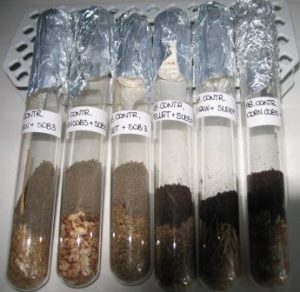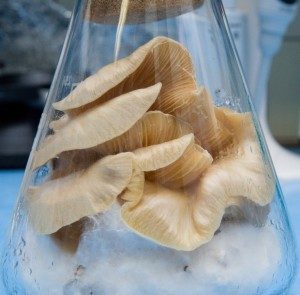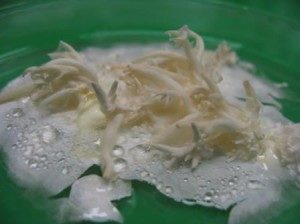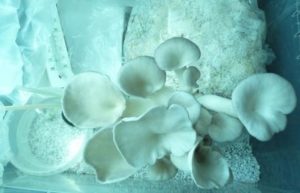Laboratory of environmental biotechnology is focused on research topics in the area of decomposition of organic pollutants in the environment using microorganisms. The research includes basic science approaches including studies of microbial mechanisms enabling the degradation organic pollutants. However, the processes are also studied from the application perspective in order to utilize the decomposition processes to clean up polluted localities using specific microorganisms.
The research is prevalently interdisciplinary and beside microbiology other main scientific fields are biochemistry, toxicology, environmental and analytical chemistry and molecular biology.
The persistent organic pollutants belong among the main studied contaminants (polychlorinated biphenyls, polycyclic aromatic hydrocarbons), industrial dyes and also so called new-emerging pollutants. The last group includes pharmaceutical residues and personal care products that interfere with hormonal system of mammalians and therefore they are also called as endocrine disrupters.
The main studied microorganisms for this purpose are ligninolytic and filamentous fungi and bacteria. The most studied bioremediation technologies are mycoremediation and composting. The composting method is suitable for decontamination of solid matrices (soil, sediment sludge) and the mycoremediation technique is studied for decontamination of solid materials and also wastewaters.





